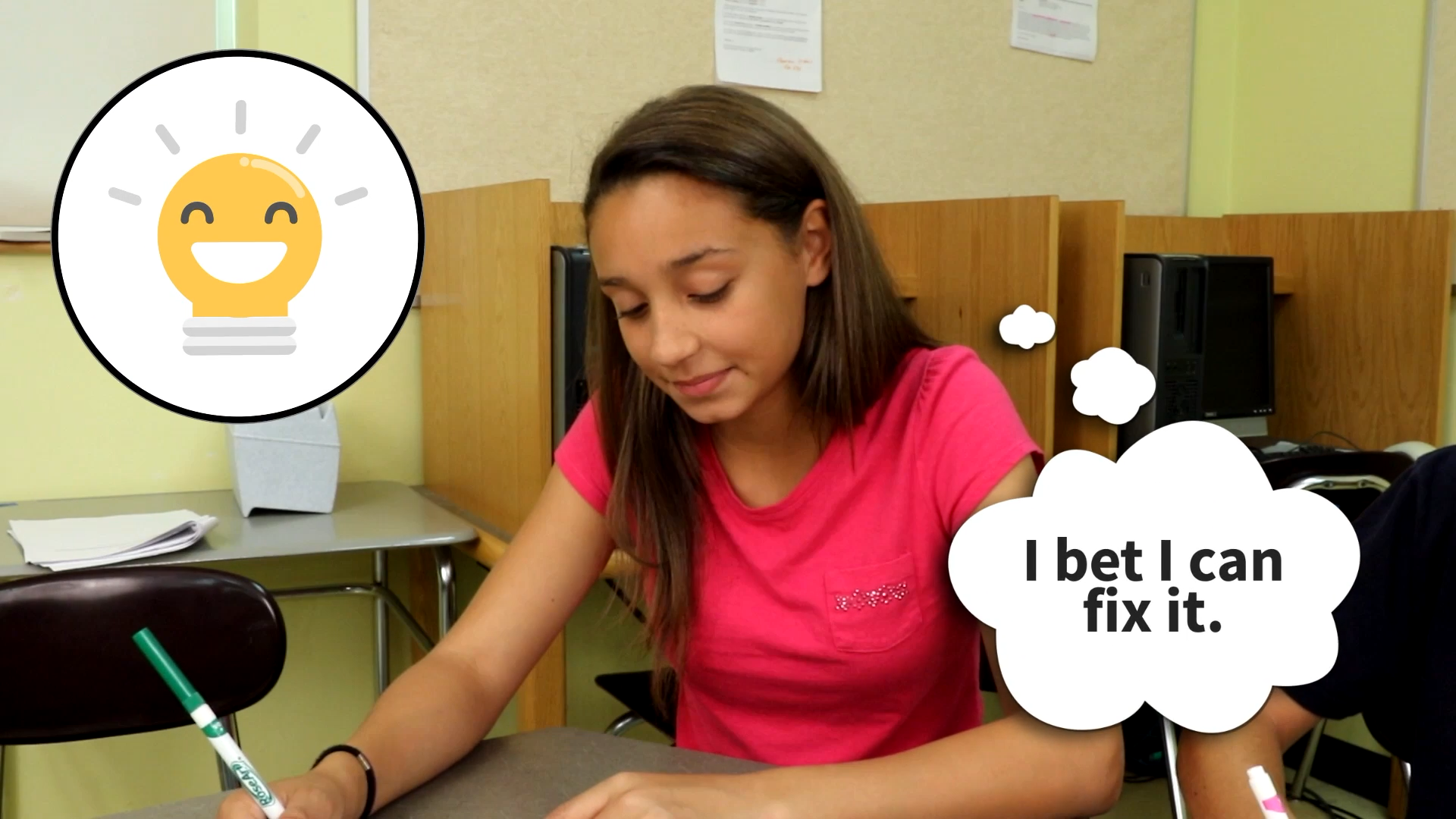In special education, it’s essential to identify and nurture specific skills to help students overcome challenges and achieve success. One such vital skill is the ability to persevere and maintain a positive mindset when faced with difficulties.
Understanding Perseverance and Positive Thinking
Perseverance and positive thinking are key components in a student’s learning journey, social interactions, and overall wellbeing. These skills empower students to face challenges head-on, remain resilient, and adopt a can-do attitude. By developing perseverance and positive thinking, students can better manage setbacks, maintain an open mind, and devise strategies to overcome obstacles.
The Role of Specialists
Various specialists play a crucial role in supporting the development of perseverance and positive thinking in students:
- Speech-Language Pathologists: They can help students improve their communication skills, enabling them to express their thoughts and feelings more effectively.
- Social Workers: They can provide guidance on social and emotional coping strategies to help students build resilience.
- Psychologists: They can offer insight into cognitive and behavioral patterns, helping students develop a growth mindset.
- School Counselors: They can assist students in setting realistic goals and provide support in overcoming challenges.
IEP Goals for Perseverance and Positive Thinking
Here are some specific SMART IEP goals to develop perseverance and positive thinking in kindergarten students:
-
Goal: The student will demonstrate increased perseverance by attempting challenging tasks independently before seeking assistance.
Strategies/Activities: Encourage the student to break down tasks into smaller steps, use visual aids, and reinforce their efforts with praise and rewards. -
Goal: The student will replace negative self-talk with positive affirmations during challenging situations.
Strategies/Activities: Teach the student to recognize negative thoughts, practice positive affirmations, and use a “thoughts journal” to track progress.
Implementing and Measuring Progress
To effectively implement and measure progress on these IEP goals, consider the following tips:
- Collaborate with specialists and involve them in the IEP process.
- Regularly monitor and document the student’s progress using data collection tools.
- Adjust goals and strategies as needed based on the student’s progress and feedback.
Conclusion
Developing perseverance and positive thinking in kindergarten students is crucial for their overall growth and success. By implementing these IEP goals and working closely with specialists, educators can foster resilience and a growth mindset in their students. For more resources and support, explore the Everyday Speech Sample Materials.






